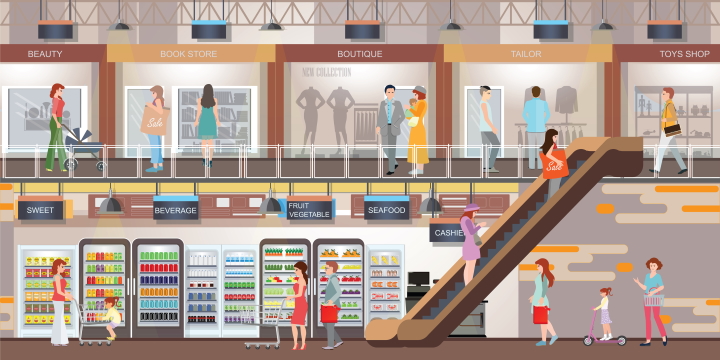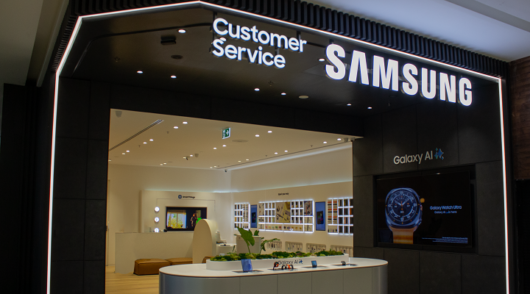
Neighbourhood centres outpace the rest
The latest retail survey of JLL’s managed shopping centre portfolio shows that centre performance varied greatly during the recent lockdowns, with neighbourhood centres stronger than most on the back of strong supermarket sales and fewer store closures.
JLL’s latest Retail Centre Managers’ Insights Report, undertaken in July, shows the impacts of Covid-19 on retail trading conditions in the first six months of 2020 across JLL’s managed shopping centres.
CBD assets were most notably affected, with an average of 75 per cent of stores shut during April, and 52 per cent in May. The number of closures reduced in June, as restrictions were lifted and a proportion of office collar workers returned to the CBD, with only 10 per cent of stores closed.
Anecdotally, while more CBD retail stores (excluding Melbourne) have since reopened, CBD retail sales remain subdued as office occupancy remains low and the lack of international tourism is weighing on spending.
Sub-regional centres also recorded a high proportion of stores closed during April (44 per cent) and May (30 per cent), followed by a vast improvement in June (10 per cent). Apparel, travel centres and food and beverage contributed to the closures.
Store closures in neighbourhood centres were comparatively low during the pandemic; only 12 per cent of stores were closed during April and May, with this number reducing to just 8 per cent in June. Strong supermarket sales supported surrounding retailers in neighbourhood centres.
JLL Research has noted that neighbourhood and large-format retail centres have been much more resilient, from a foot traffic, sales and rent collection perspective, as these sub-sectors have benefited from the boost in sales of food and household goods.
The JLL survey showed 72 per cent of respondents nationally recorded a decline in foot traffic in June, compared with June 2019. Over one-third of centre managers reported a decline of 15 per cent or more over this period, however it varied by state.
Ed.Square opens its doors
A new Coles supermarket has just become the first store to open in the Ed.Square Town Centre, a development of Frasers Property Australia located in Sydney’s southwest growth corridor.
Stage one of Ed.Square will have approximately 25,000sqm of retail space, with up to 15,000sqm planned for stage two.
The centre is located at Edmondson Park, a suburb 32 kilometres southwest of the central business district in the local government area of the City of Liverpool.
Frasers expects a raft of stores to open in the centre in the first half of 2021, including a six-screen Event Cinema with two Vmax auditoriums, a fresh food market hall, an eat street, a childcare operator and a medical centre.
Elsewhere at Ed.Square, construction is progressing to schedule and residents are beginning to move into two completed apartment buildings. Settlements at two others are due to commence over the next month.
Frasers says Ed.Square Town Centre will transform the area’s entire retail and social landscape. Strong population growth is forecast within the trade area, as the centre is adjacent to the Edmondson Park train station and accessible via main arterial roads.
This story appears in the September 16, 2020, issue of Inside Retail Weekly.






